Humans news stories

After examining carp remains, researchers claim people who lived 780,000 years ago liked their fish well done
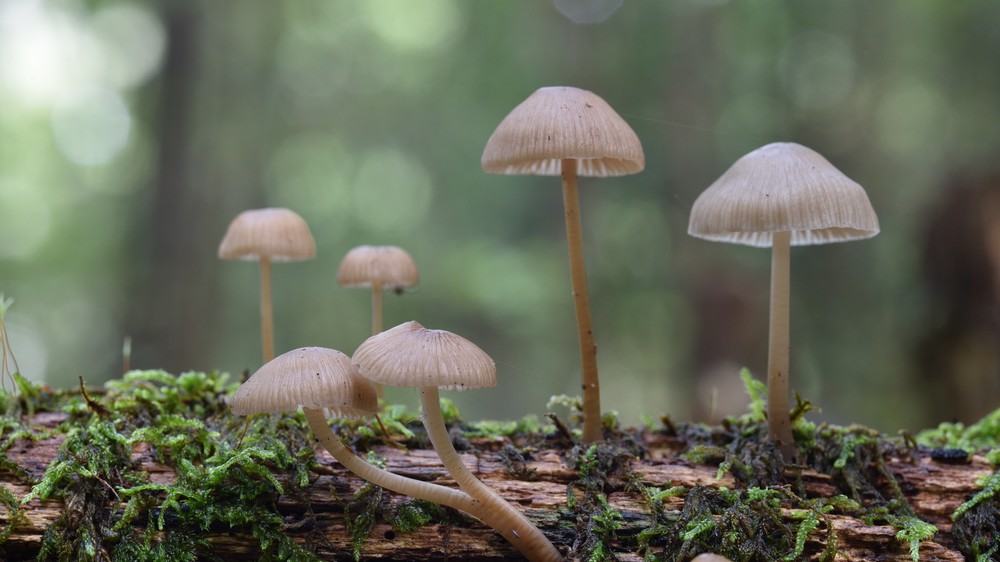
Colorado became the second state to legalize magic mushrooms and decriminalize other psychedelics for adults following Tuesday’s midterm elections.
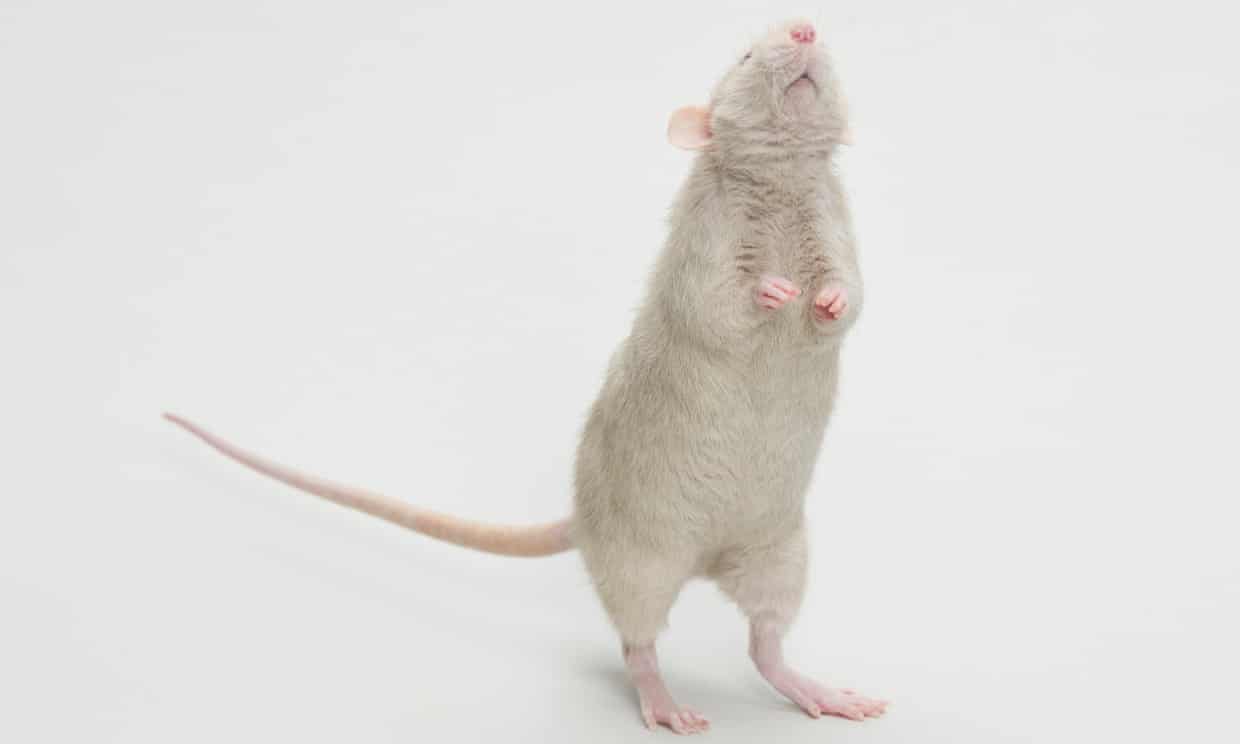
Study finds rats instinctively move in time to music – an ability previously thought to be uniquely human.
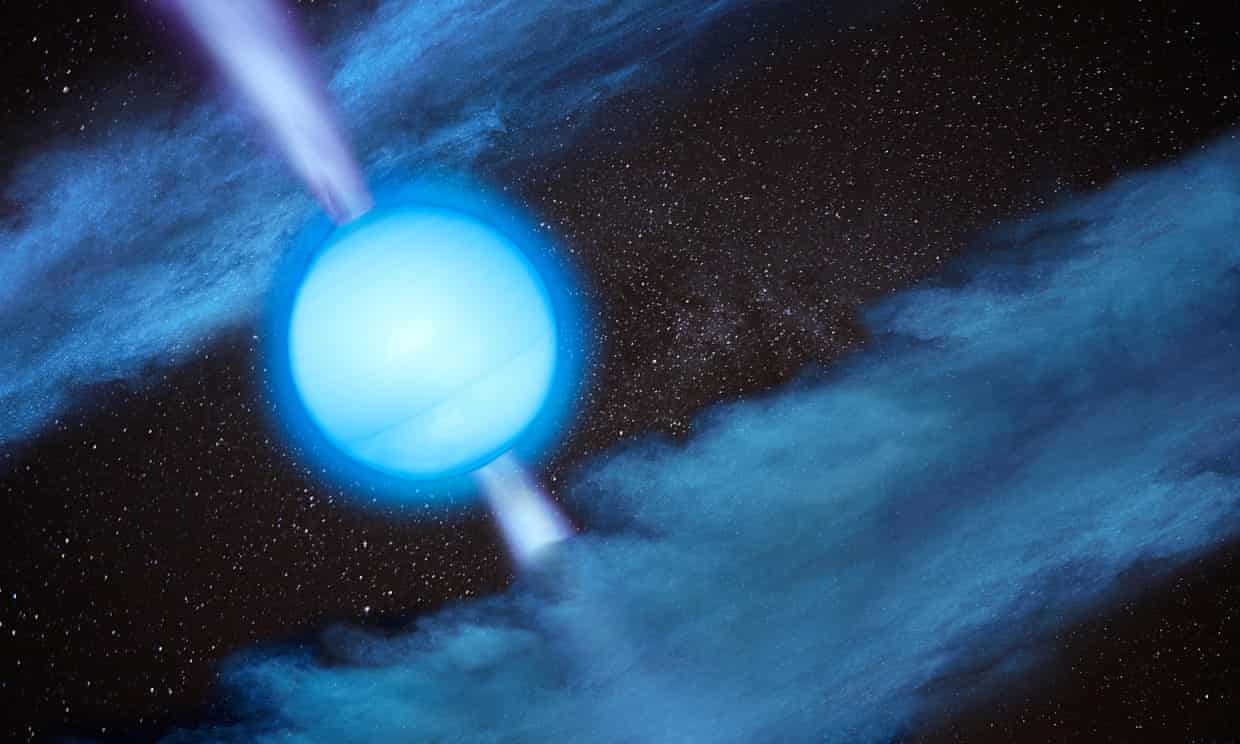
An “overweight” neutron star has been observed by astronomers, who say the mysterious object confounds astronomical theories.
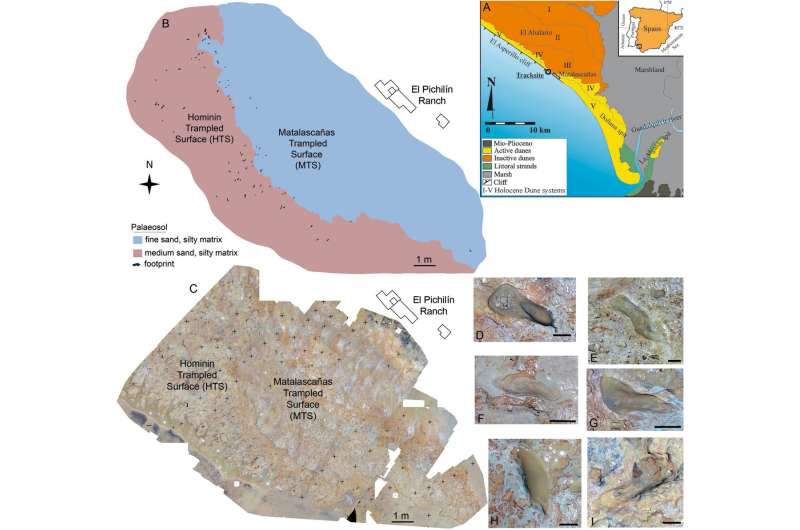
Researcher and GRS Radioisotopes technician Jorge Rivera, from the University of Seville, has participated in an incredible discovery that is unique in Europe.
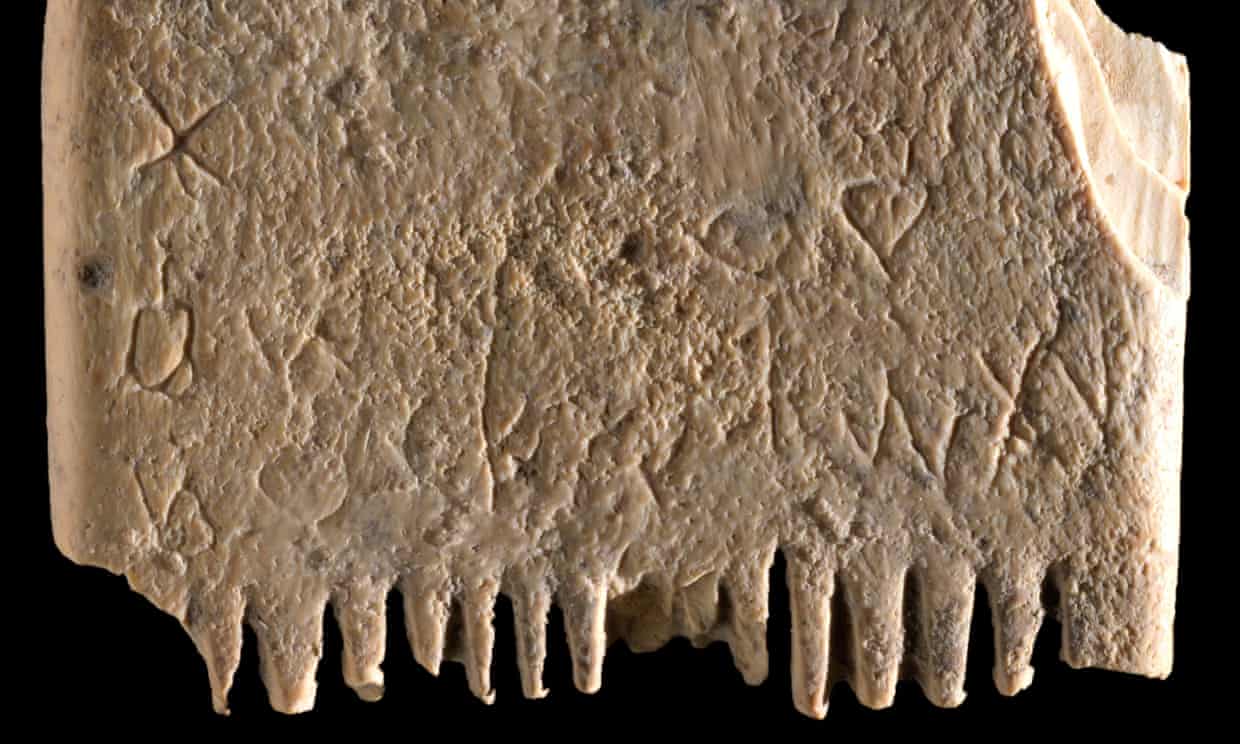
Believed to be the oldest known sentence written in the earliest alphabet, the inscription on the luxury item reads: “May this tusk root out the lice of the hair and the beard.”
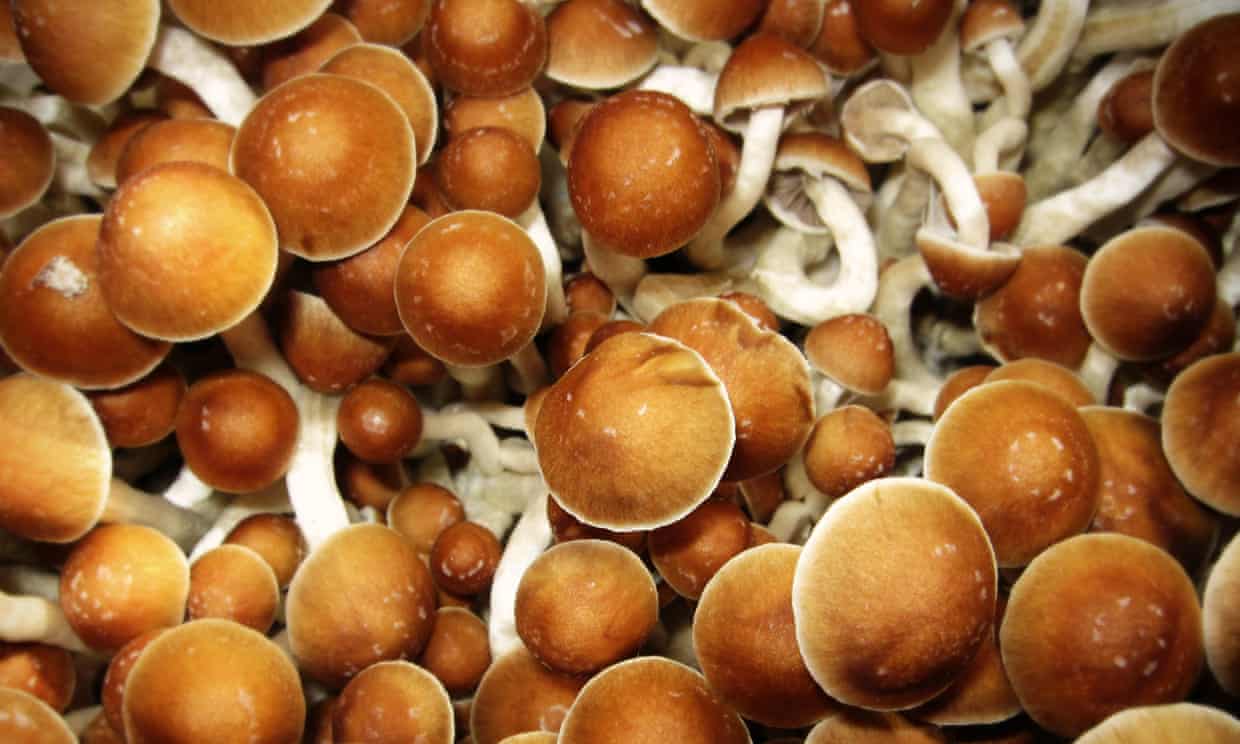
Draconian licensing rules and a lack of public funding are holding back the emerging field of psychedelic medicine in the UK, leading scientists have warned after the release of groundbreaking results on the use of psilocybin to treat depression.
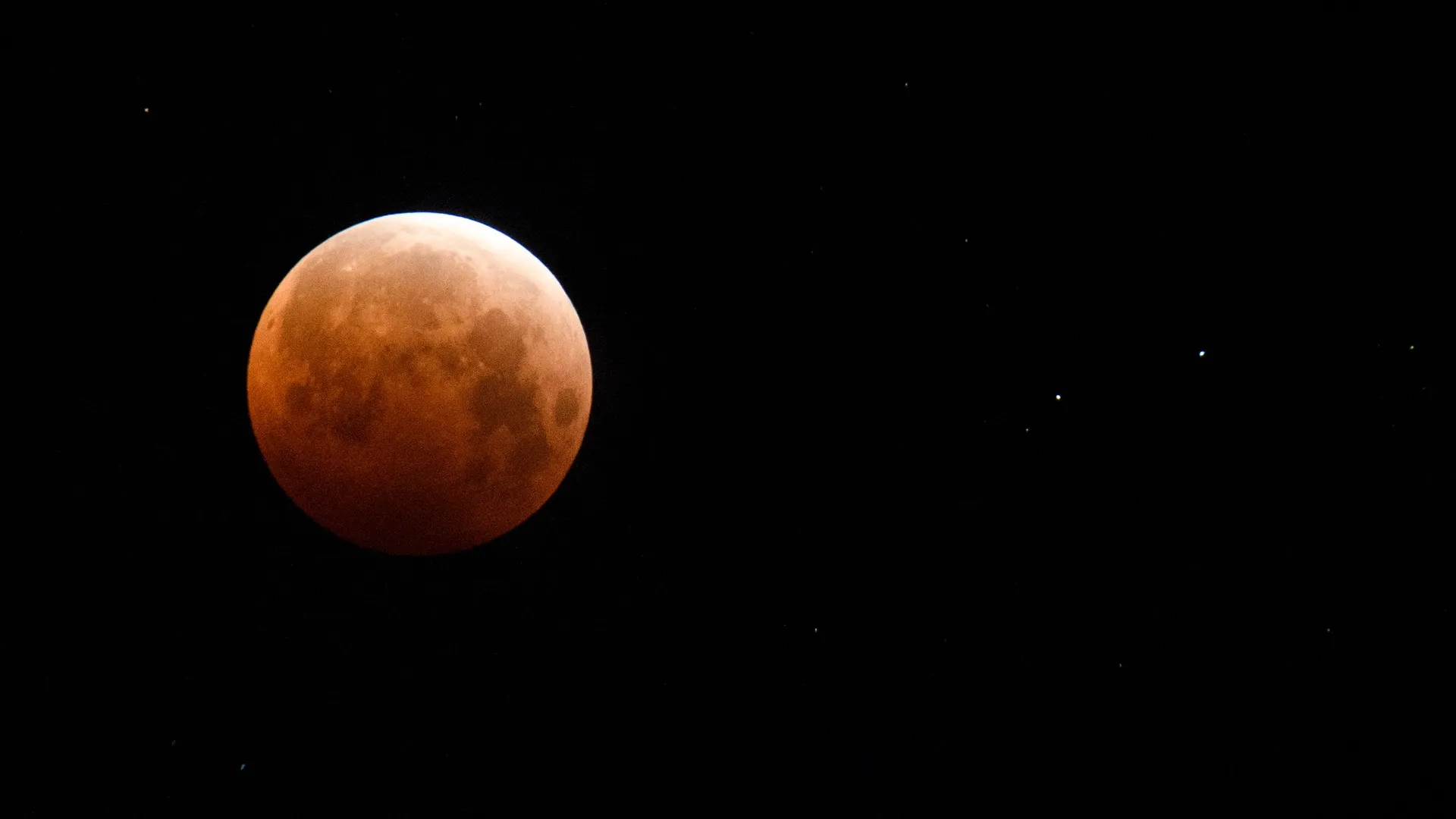
Sky watchers in North America who get an early start on Tuesday will also be treated to a total lunar eclipse — the last one for the next three years — with the moon falling into the darkest part of Earth’s shadow around 5:17 a.m. EST (9:17 a.m. UTC).
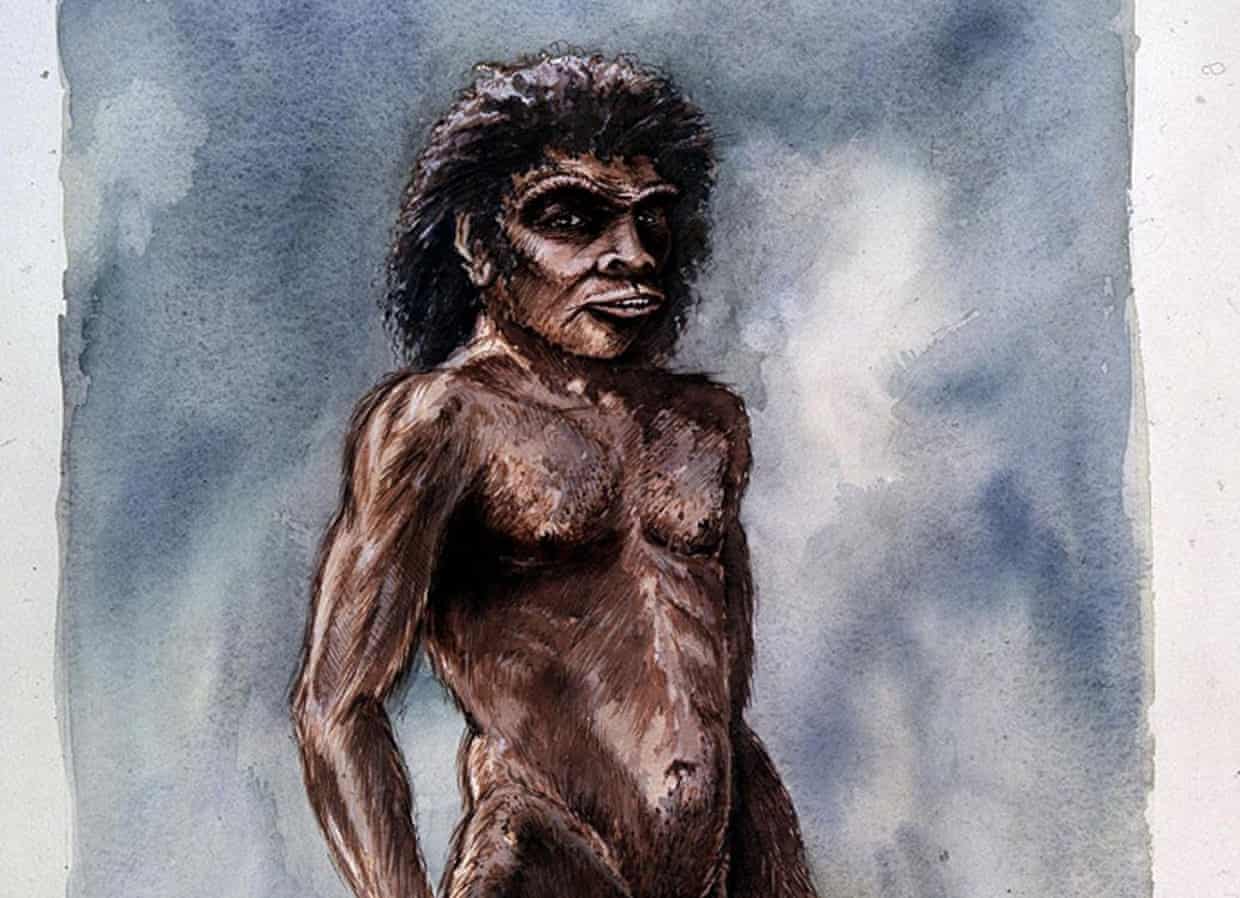
Do bones and teeth found in Sussex share characteristics with Neanderthal fossils from northern Spain?
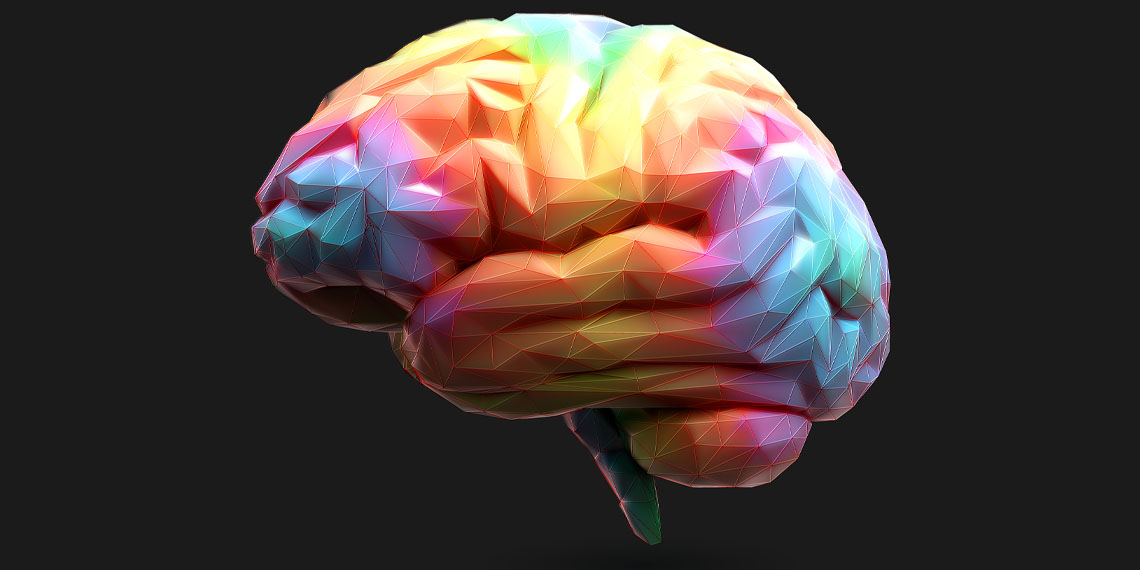
LSD appears to induce both improvements and impairments to cognitive functioning that can be observed on the day after consumption, according to a randomized, double-blind, placebo-controlled study published in European Neuropsychopharmacology.
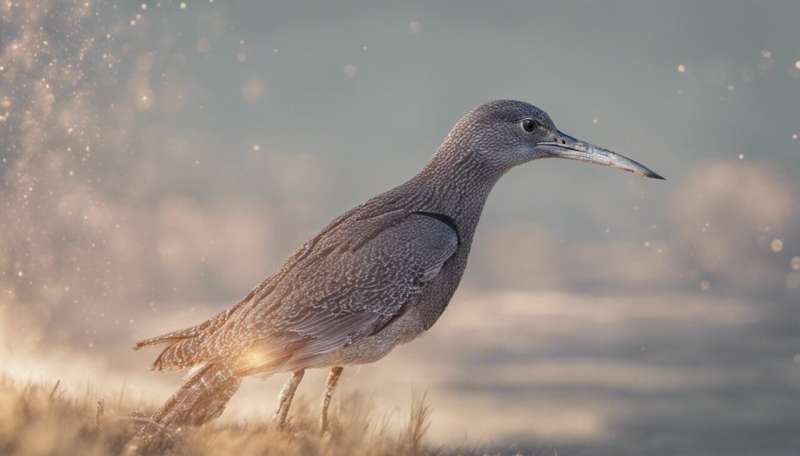
In many popular accounts of human prehistory, civilization emerged in a linear fashion. A new book—The Dawn of Everything, challenges this narrative. Rather than being nomadic hunter-gatherers, they argue human societies during the Paleolithic were, in fact, quite diverse.
A team of Canadian astronomers, including experts from the Dunlap Institute for Astronomy & Astrophysics in the University of Toronto’s Faculty of Arts & Science, have used the James Webb Telescope (JWST) to identify the most distant globular clusters ever discovered – dense groups of millions of stars that may be relics containing the first and oldest stars in the universe.
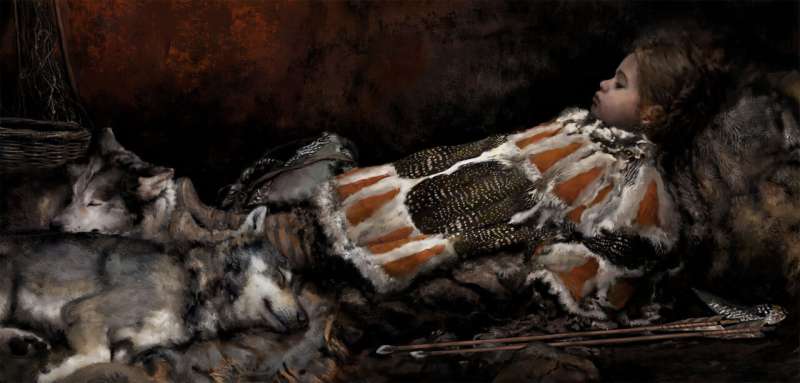
The study, led by Archaeologist Tuija Kirkinen, was aimed at investigating how these highly degraded plant- and animal-based materials could be traced through soil analysis.

Nearly third of patients on largest trial using psychedelic compound went into rapid remission.
Analyses of more than one thousand ancient genomes dating as far back as 45,000 years ago have found historic signals showing genetic adaptation was more common than previously thought.
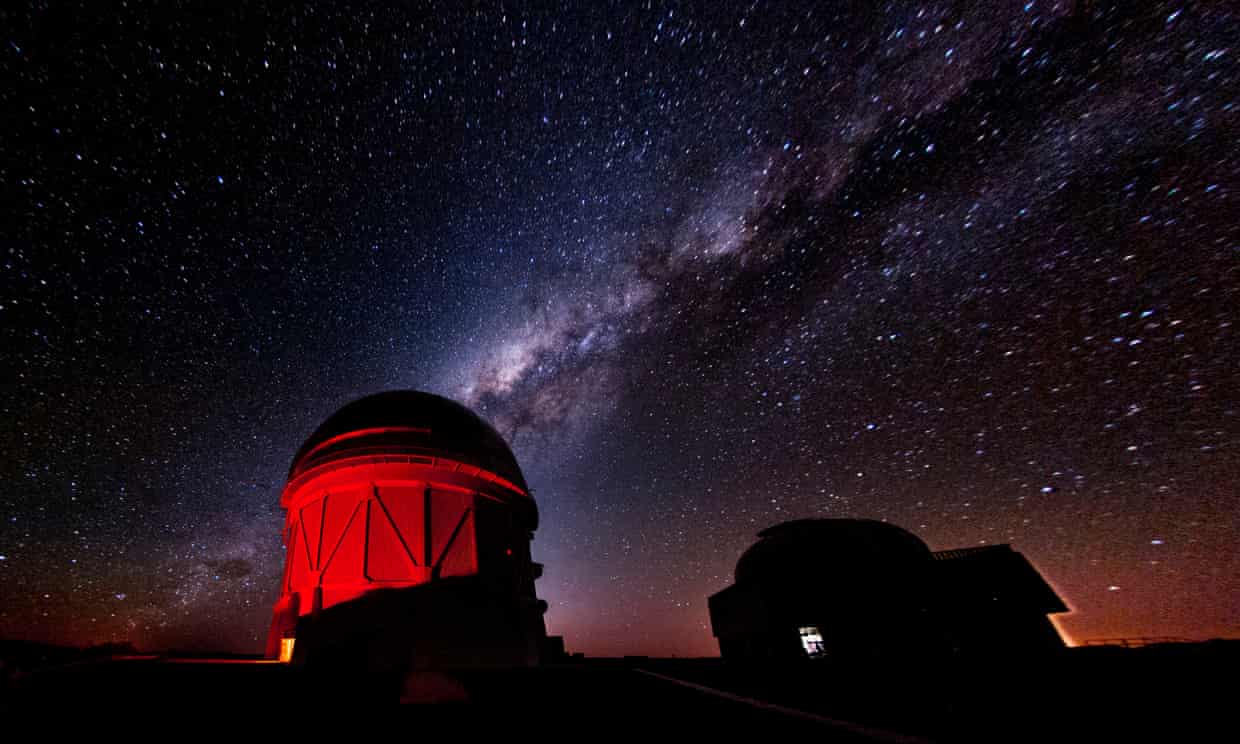
With a diameter of 1 to 2km, space rock named 2022 AP7 crosses our orbit but has ‘no chance’ of hitting Earth








